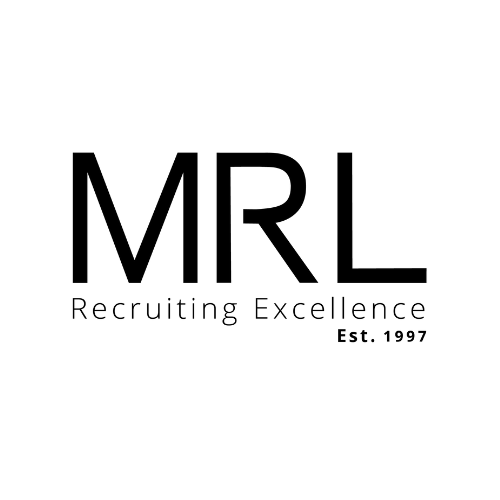The importance of employee development plans
08 Jun, 20215 minutesIf you haven't already implemented an employee development plan or have one but didn'...

If you haven't already implemented an employee development plan or have one but didn't put much thought or effort into it before implementation, you will miss out on so much and risk losing your valued employees to your competitors.
What is an employee development plan?
Also referred to as a professional development plan, training and development plan, employee development strategy or employee development program, this plan refers to a set of goals an employee hopes to achieve within a year.
The program is usually put together by the employee and line manager and is unique to them. The goals set traditionally consist of personal achievements or further training to hone or expand a skill set.
Importance of employee development programs:
Employee retainment
There's no way around it; employee development programs require investment, whether that's a monetary investment in the form of conference tickets or training or a time commitment during working hours for a staff member to train themselves.
However, by not making this investment, you are running the risk of your staff looking for a job elsewhere with a company willing to make the time or monetary investment. Ultimately, this will leave you with a vacancy to fill, which will also cost you both time and money.
There are multiple additional benefits to retaining your high performing employees for as long as possible, which we go into further down in this post.
Positive branding
Thanks to the likes of LinkedIn, employees have a platform to boast about their workplace achievements and employee development plans offer numerous wins that they can post about.
This shows potential and current clients, future candidates and others that you invest in your staff, increasing your employer branding.
Less training, more innovating
This goes back to the point we made earlier about staff retention. Rather than scheduling training sessions with newly on-boarded employees or carving out settling-in time, employers can dedicate that time to encourage innovation and creativity within their teams.
Is there a more streamlined approach to research and development? Is there a way to adapt processes to be more sustainable? Has there been any recent industry innovations that you could benefit from testing and implementing?
Development plans give staff the space to get creative. While not every project is guaranteed to be a success, the learning your employee and the broader company will take from it can make a real difference.
Employee fulfilment
A large portion of workplace satisfaction comes from feeling fulfilled. No matter how passionate your staff are about the tech industry or what your company offers, doing the same thing day in, day out can quickly become monotonous.
Additionally, as human beings, we’re wired to look back and wonder what we've achieved. This may happen as often as every few years or even every month, depending on the individual.
When an employee can’t see professional growth, either in the past or in future, they may begin to question whether they should look for a new job elsewhere that would be more fulfilling.
Yearly employee development plans provide tangible evidence of your team’s achievements and gives them something else to focus on alongside their daily tasks.
Moving your company forward
While a portion of the development strategy you agree with your employees will be based on what they are hoping to achieve over the next year, part of it involves setting goals to help drive your business forward.
What this entails depends on each employee’s role and should be something that they can take full ownership of. These plans should be beneficial to everybody involved.
Networking opportunities
Every conference or training course you fund as part of your staff's professional development plan provides opportunities for your employees to meet and connect with other like-minded individuals. Increasing their professional networks means more opportunity to hear about industry goings-on, some of which could be beneficial for your company to implement.
Additionally, when you next have a vacancy to fill, you have access to an even larger pool of potential candidates. It takes a considerable amount of time and investment to recruit passive candidates, and so, if you can achieve this while nurturing your current team, that's even more of a benefit.
How often should you make employee development plans?
It's not enough to create a one-off plan; this is an activity that should take place yearly. More than this, to get the most out of this practice, meetings should be scheduled throughout the year to review the employee's performance and discuss whether any additional support is needed to meet all goals.





